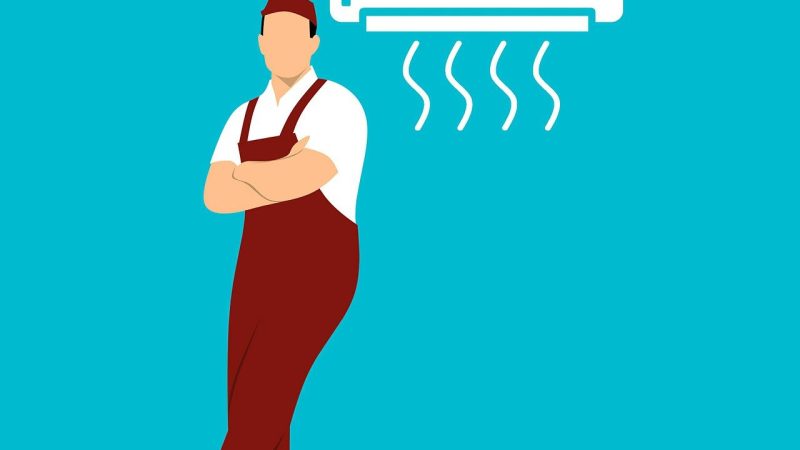Budgeting Tips

Common sense tips to help you save.
Think of savings as an expense. When you pay bills, write your first check to savings. A rule of thumb is, to pay yourself 10% of all your income first before any other bills.
Save pocket change or rebate money.
As a debt pays off, designate monthly payment to savings.
Don’t track spending after making a budget – Plan your spending before designing your budget.
Make budgeting a family affair, involve your mate and your children.
Pay bills as received or twice a month.
Pay bills according to budget. Don’t pay just the minimum required amount if your budget allocates for more.
Provide a weekly or bi-weekly allowance for each member of the household, if possible. With children, be very specific about what expenses allowance is to cover.
Write post-dated checks to yourself to get the funds out of sight. (For items such as allowances, groceries, gasoline, entertainment, etc.)
Make it a game, i.e. how long can you go without writing a check or spending.
Reserve credit for major purchases, genuine emergencies, college education.
When first setting up a budget, keep track of spending for 2 to 4 weeks to see where your money is going.
You can save hundreds of dollars a year by shopping at the lower-priced food stores. Convenience stores often charge the highest prices. You will spend less on food if you shop with a list. You can save hundreds of dollars a year by comparing price-per-ounce or other unit prices on shelf labels. Stock up on those items with low per-unit costs.
Before you go grocery shopping it is a wise idea to eat something. You’ll buy less junk food on a full stomach.








